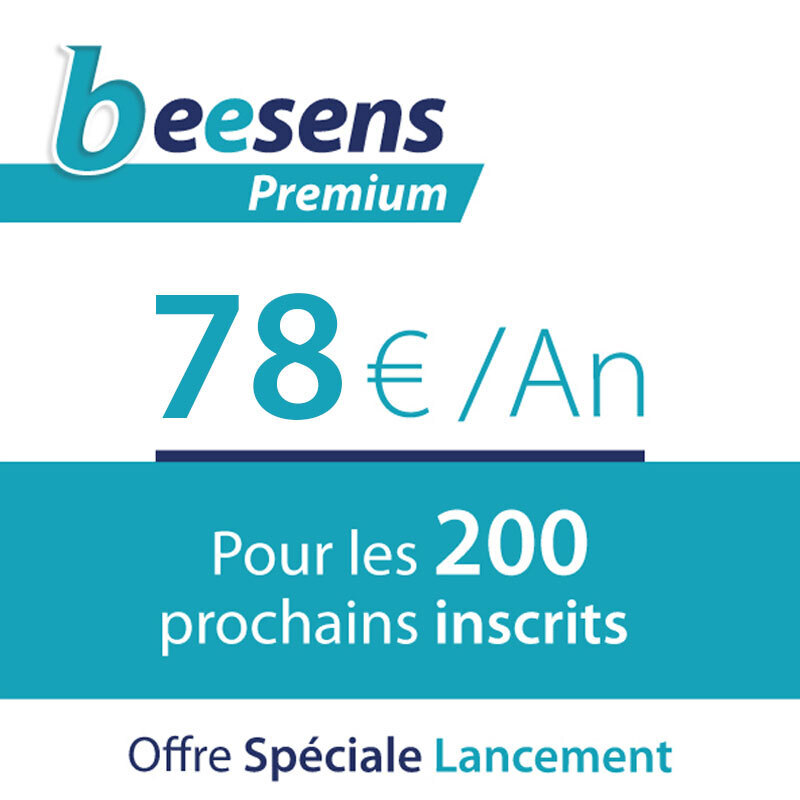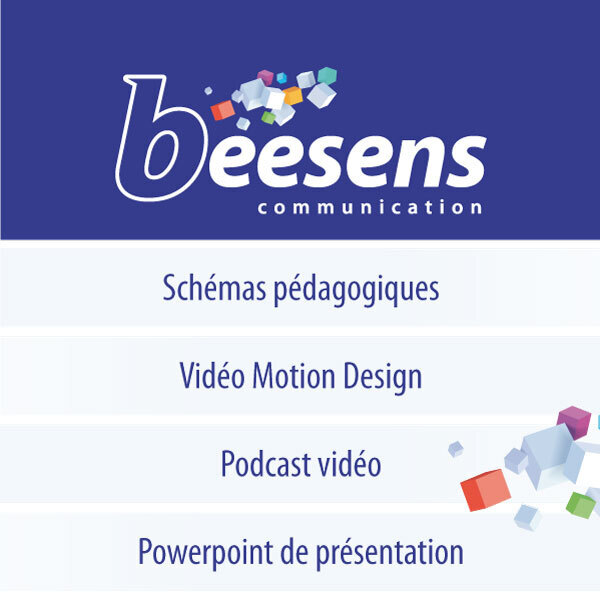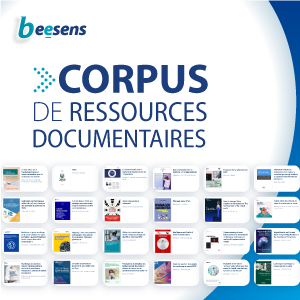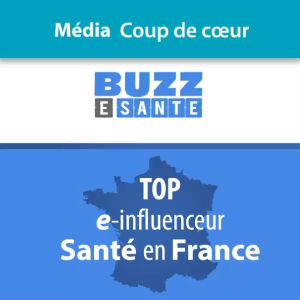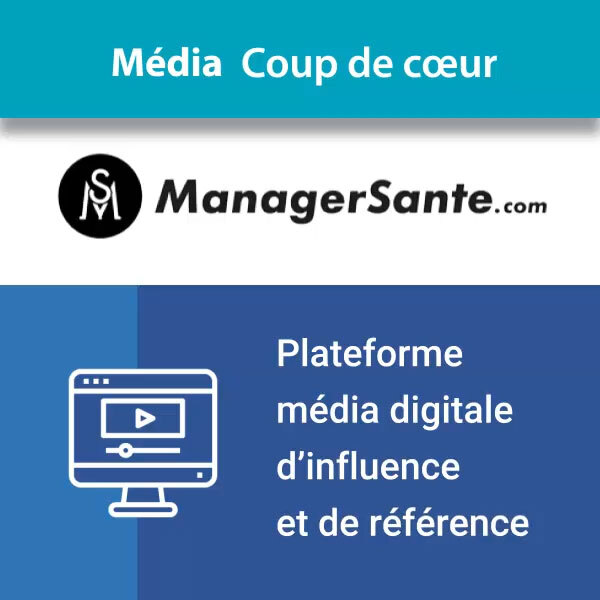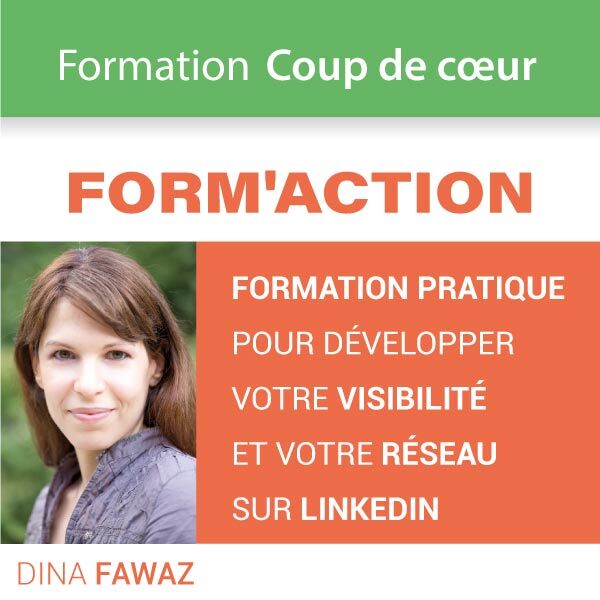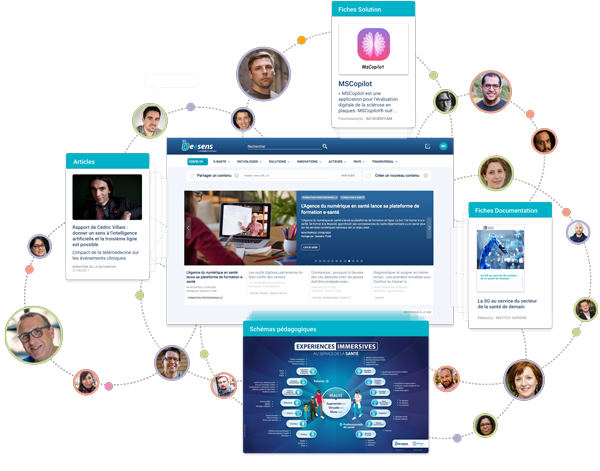"The emergence of digital mental health interventions has given traditional modes of treatment the ability to be highly scaled for use whenever and wherever the patient chooses.
These capabilities pose several advantageous characteristics to in-person therapy, but critics of these technology-based platforms continue to raise concerns over something they lack: a human connection between the provider and patient.
A new study examining the effectiveness of one chatbot-based mental health platform, Woebot, suggests that fully automated conversational agents can form similar bonds with users as real-life therapists.
TOP-LINE DATA
When surveyed using the Working Alliance Inventory-Short Revised (WAI-SR) test to develop a bond score between user and Woebot, the participants’ average scores were consistent to those of traditional modalities for cognitive behavioral therapy delivery.
The average bond subscore for Woebot was 3.84, compared to face-to-face individual CBT and group CBT which were 4.0 and 3.8, respectively.
Among the study participants, women (3.92) and those aged 18-25 (3.96) had the highest reported bond scores.
The researchers also noted that Woebot’s bond scores were higher than other Internet-based CBT programs. They predict that this is because Woebot acknowledges the fact that it’s not a human, while other chatbots attempt to seem like a real person.
“We speculate that transparency and other design elements are key drivers of bond development,” the researchers wrote in the study. “For example, Woebot explicitly references its limitations within conversations and provides positive reinforcement and empathic statements alongside declarations of being an artificial agent.”..."
Lire la suite
Mental health chatbot does best when acknowledging it's not human
MOBI HEALTH NEWS, 17/05/2021
Partagé par :
Beesens TEAM


